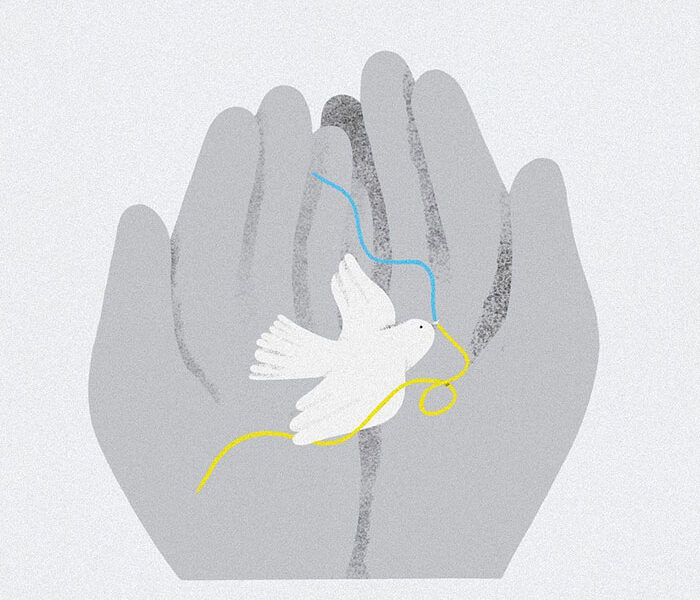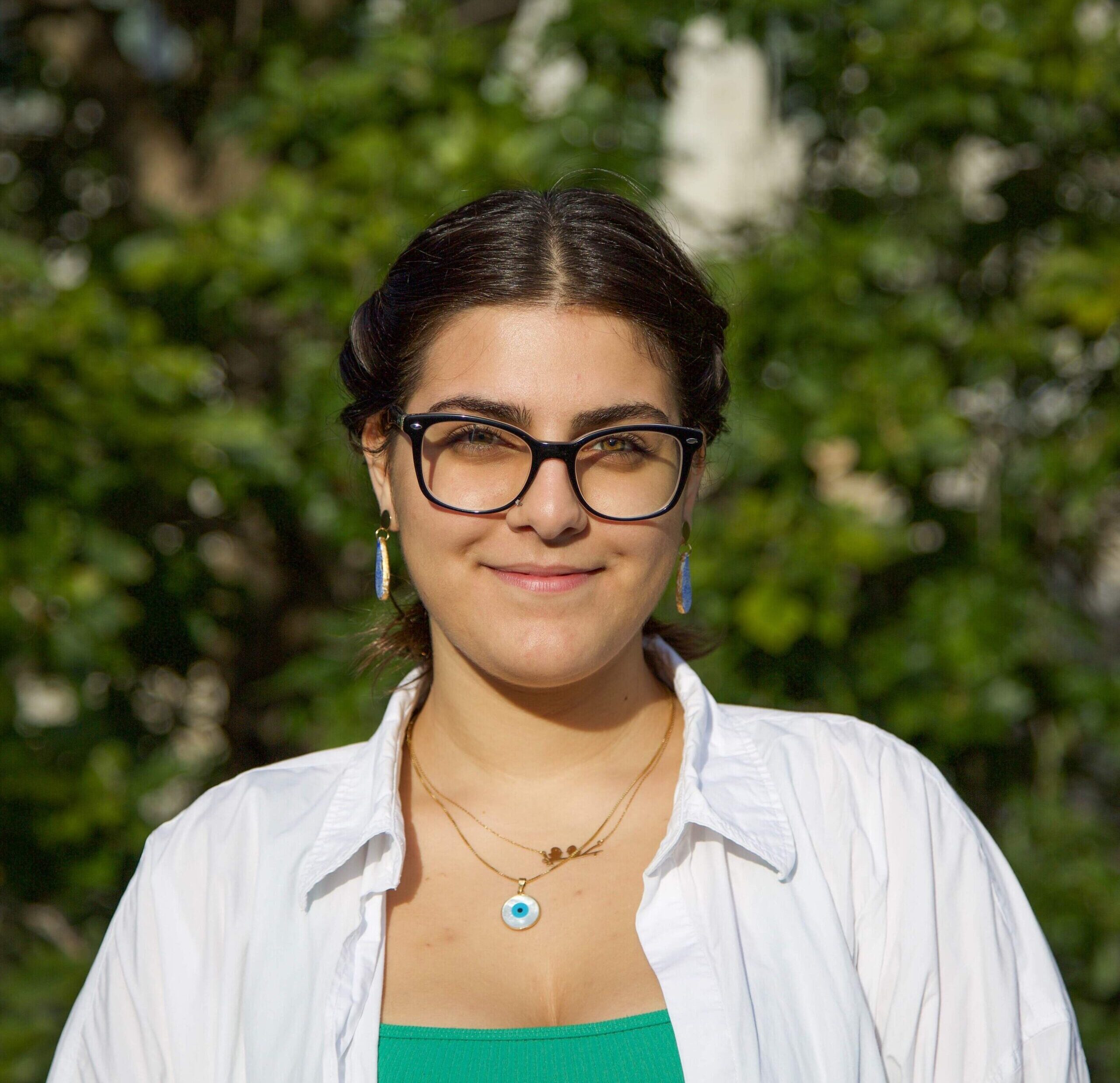Content warning: Mentions of war and violence
On Feb. 24, Russian President Vladimir Putin announced a “special military operation” in Ukraine after months of military buildup along its border. Since then, Russian forces have been invading and bombing major cities in Ukraine, claiming 636 civilian lives and forcing 2.8 million people to flee as of March 14.
In response to the invasion, Canada and numerous other countries have placed sanctions on Russia, including banning Russian fuel imports and freezing foreign assets held by Russia’s central bank and oligarchs. Meanwhile, police forces have detained more than 5000 protesters in Russia as anti-war demonstrations break out across the country.
As the invasion unfolds, Ukrainian and Russian people across the world have been overwhelmed with both mental and financial stress.
Kateryna Tyutyunyk, U1 Engineering, was born and raised in Ukraine. She has been watching the invasion rage on and endanger the lives of her immediate family members and friends who are currently in Kyiv, Ukraine’s capital. For Tyutyunyk, it has been heart-wrenching to be distanced from her loved ones while knowing their lives are at risk.
“[My friends and family] would go to sleep sometimes and not be able to answer [calls or texts] and for me that would cause an anxiety attack, because I’m not sure if they are sleeping or if they are just no longer there,” Tyutyunyk said in an interview with The McGill Tribune. “It’s been very distressing for me to see things go on normally here while I’m in full awareness that my family and friends are fighting for their lives. It almost disassociates you from your reality, because you are mentally experiencing a war too, even if you are not physically there.”
For Russian international students, the economic impact of the war and sanctions are causing uncertainty. Canada, the European Union, United States, and the United Kingdom have banned many Russian banks from the Society for Worldwide Interbank Financial Telecommunication (SWIFT). Credit card companies Visa and MasterCard have suspended the operations of foreign cards in Russia and Russian cards outside of the country amid sanctions.
As an international student, Daria Rybina, U1 Arts, is financially cut off from her parents in Russia. She has even been facing difficulty accessing funds that her family is trying to transfer to her through Chinese banks. With the value of Russia’s ruble falling due to foreign sanctions on Russia’s economy, Rybina has to find a part-time job in Canada.
“I’m working as an English tutor for Russian kids, but [clients] have been paying me on my Russian card which no longer works in Canada,” Rybina said. “The money that I was getting before was not much, but it was enough for me as a student. Now with ruble going down, it wouldn’t even be enough when converted, so I’m looking for a job here to get paid in Canadian dollars.”
Oleksandra Vydysh, U0 Arts, is a Ukrainian international student at McGill. The invasion has been mentally and financially taxing for Vydysh, whose family resides in Dnipro, a city 80 kilometres north of the Russian-occupied Zaporizhzhia nuclear power plant in southeastern Ukraine. In addition to her fears for her family’s safety, Vydysh says that the financial hardship has been debilitating. She urges the McGill administration to provide a program of financial aid for those affected by war.
“I’m glad that officials at McGill are acknowledging what is going on, but I do find their statements to be impractical,” Vydysh said. “I think what the majority of students need is financial support from McGill […] It would be a good idea, for example, to have bursaries for Ukrainian students.”
Gregory Kosoy, a Ukrainian U3 Science student, denounced the political theatre that has formed around the invasion. Recently, the Montreal Symphony Orchestra cancelled a performance by Alexander Malofeev, a Russian pianist. Kosoy finds these anti-Russian stances to be performative, and criticized those who demand only statements from the administration or the Student Society of McGill University (SSMU).
“I think statements are performative unless something concrete is being done,” Kosoy said. “Sure, it’s noble of McGill to provide mental health counseling to people being affected by this, but in reality what McGill needs to do is to start raising money.”










